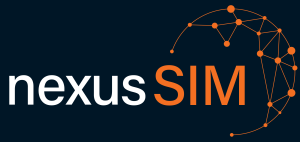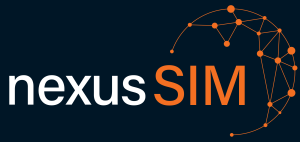
In a previous post, we introduced NexusSIM, the consulting arm of CMAC. But what exactly is NexusSIM and what does it do?
Broadly speaking, NexusSIM exists to offer some of CMAC’s unique capabilities to research projects with a prosocial impact. So far, much of this work has been in public health research, but NexusSIM’s capacities are potentially useful in other areas as well.
NexusSIM uses methods including computational simulation, data analysis, and machine learning. Like CMAC, it has particular expertise in agent-based models (ABMs). This expertise has been particularly useful in the work of University of Utah researcher Brenda Heaton.
Heaton’s work focuses on population dental health, analyzing factors including dental care access and social determinants of dental health. She especially deals with disparities in dental health outcomes between high risk and low risk populations.
Before working with NexusSIM, Heaton had used a model that included the fluoride use of young children, as well as their access to dental care. She also had developed 2-year longitudinal data on dental outcomes and caregiver behaviors, but these had not been incorporated into the modeling.
Using NexusSIM’s expertise in agent-based models, Heaton’s research group was able to extrapolate from the available data and simulate the effects of dental health care interventions that address caregiver behaviors. Based on the simulations enabled by NexusSIM, the researchers were able to see how dental care behaviors interact with multiple factors, including a wide variety of tooth conditions. These conditions account for the distribution of solid, decayed, cavity, filled, or missing teeth. Between the wide variety of tooth conditions, different impacts of caregiver behavior interventions, and distinct social profiles, the agent-based modeling had to address complex factors in its extrapolation from the available data.
Once agent-based models allow for this extrapolation, that extrapolated data is validated against known data. Through assisting Heaton’s research, NexusSIM has contributed to our knowledge about how to achieve better dental health outcomes for children. Without NexusSIM’s agent-based modeling expertise, the available data would not have provided the same level of understanding about this important social issue.
Contact NexusSIM at info@nexussim.org with any inquiries about how they can assist in research projects that require expertise in computer simulation, data analysis, or machine learning.



